Intelligent lighting systems leverage advanced technology to control and automate lighting in homes. This technology enables users to create personalized lighting experiences, enhance energy efficiency, and improve overall comfort.
Key Components and Technologies
- Sensors:These devices detect various environmental factors, such as light levels, occupancy, and time of day. Common sensors include:
-
Light sensors:Measure ambient light to adjust artificial lighting accordingl

- Motion sensors:Detect movement to activate or deactivate lights in specific areas.
- Occupancy sensors:Determine if a space is occupied, triggering lighting adjustments.
-
Control Hub:This central device acts as the brain of the system, processing sensor data and coordinating lighting responses. It can be integrated with other smart home devices for comprehensive control.

-
Lighting Fixtures:These can be traditional fixtures equipped with smart bulbs or dedicated smart lighting devices. They are designed to communicate with the control hub and receive commands.

-
User Interface:This allows users to interact with the system, typically through a smartphone app or a dedicated control panel. Users can create lighting scenes, set schedules, and adjust settings.

Smart Home Lighting System Programs
Many smart home platforms offer dedicated lighting control programs. These programs provide a user-friendly interface for managing lighting settings and integrating them with other smart home devices. Some popular platforms include:
- Philips Hue:Known for its wide range of smart bulbs and accessories, Philips Hue offers a comprehensive app for controlling lighting.
- Google Nest:Integrates seamlessly with Google Assistant, allowing voice control of lights and other smart home devices.
- Amazon Alexa:Similar to Google Nest, Amazon Alexa enables voice control of lighting through the Alexa app or Echo devices.
- Samsung SmartThings:A versatile platform that can control various smart home devices, including lighting fixtures.
Benefits of Intelligent Lighting Systems
- Energy Efficiency:By automatically adjusting lighting based on needs, intelligent systems can significantly reduce energy consumption.
- Comfort and Convenience:Users can create personalized lighting scenes for different activities, enhancing comfort and convenience.
- Security:Smart lighting can be used to deter intruders by simulating occupancy when the home is empty.
- Integration:Intelligent lighting systems can be integrated with other smart home devices for comprehensive control and automation.
In conclusion, intelligent lighting system control technology offers a convenient, efficient, and customizable solution for home lighting. By leveraging sensors, control hubs, and smart lighting fixtures, users can create personalized lighting experiences and enhance their overall quality of life.




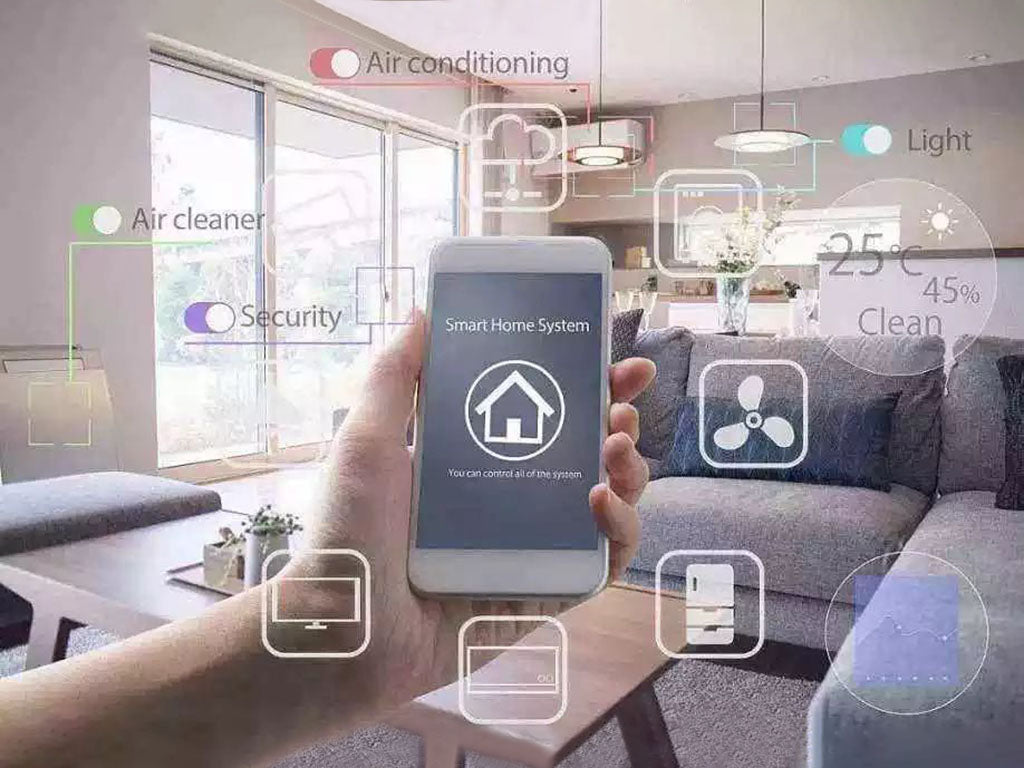
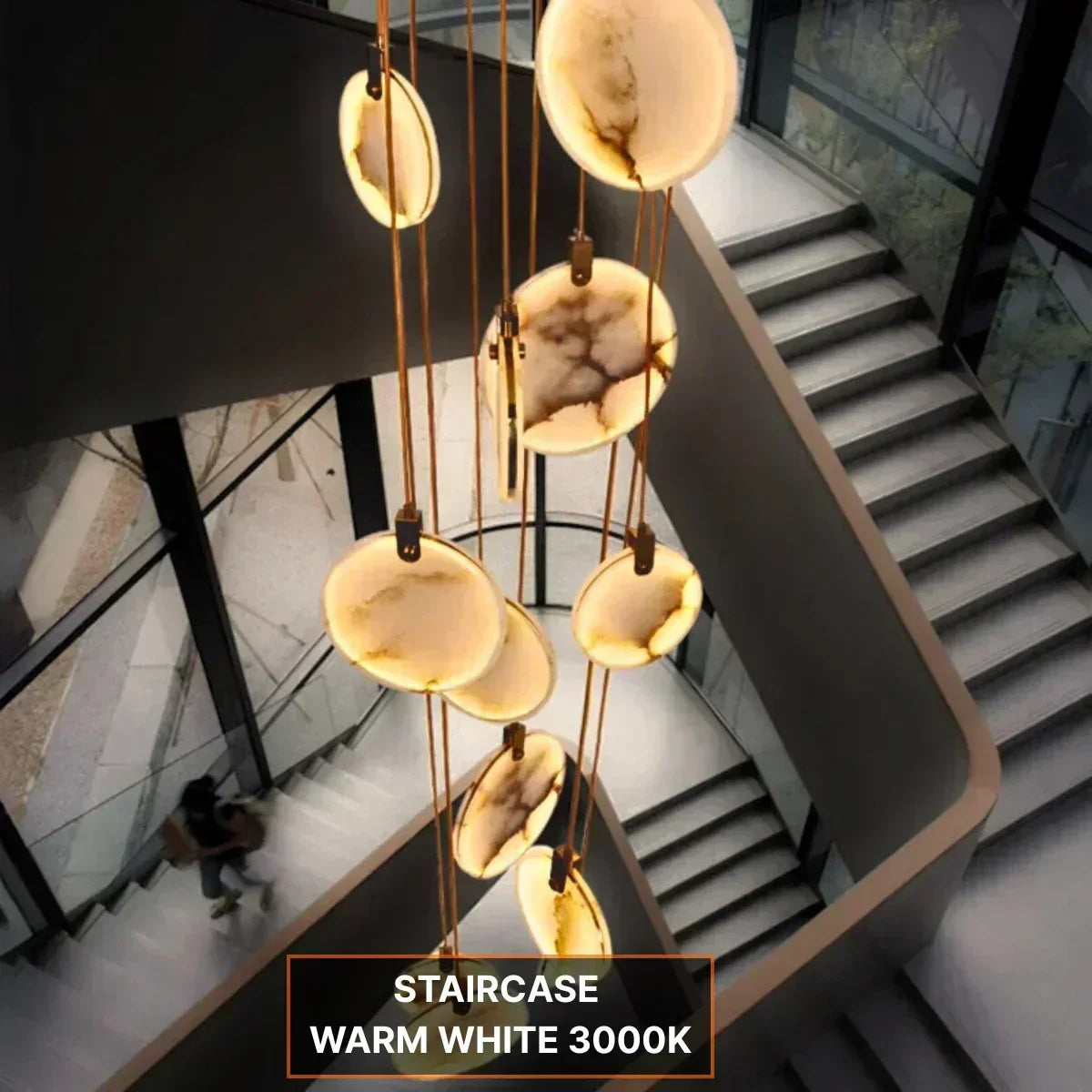
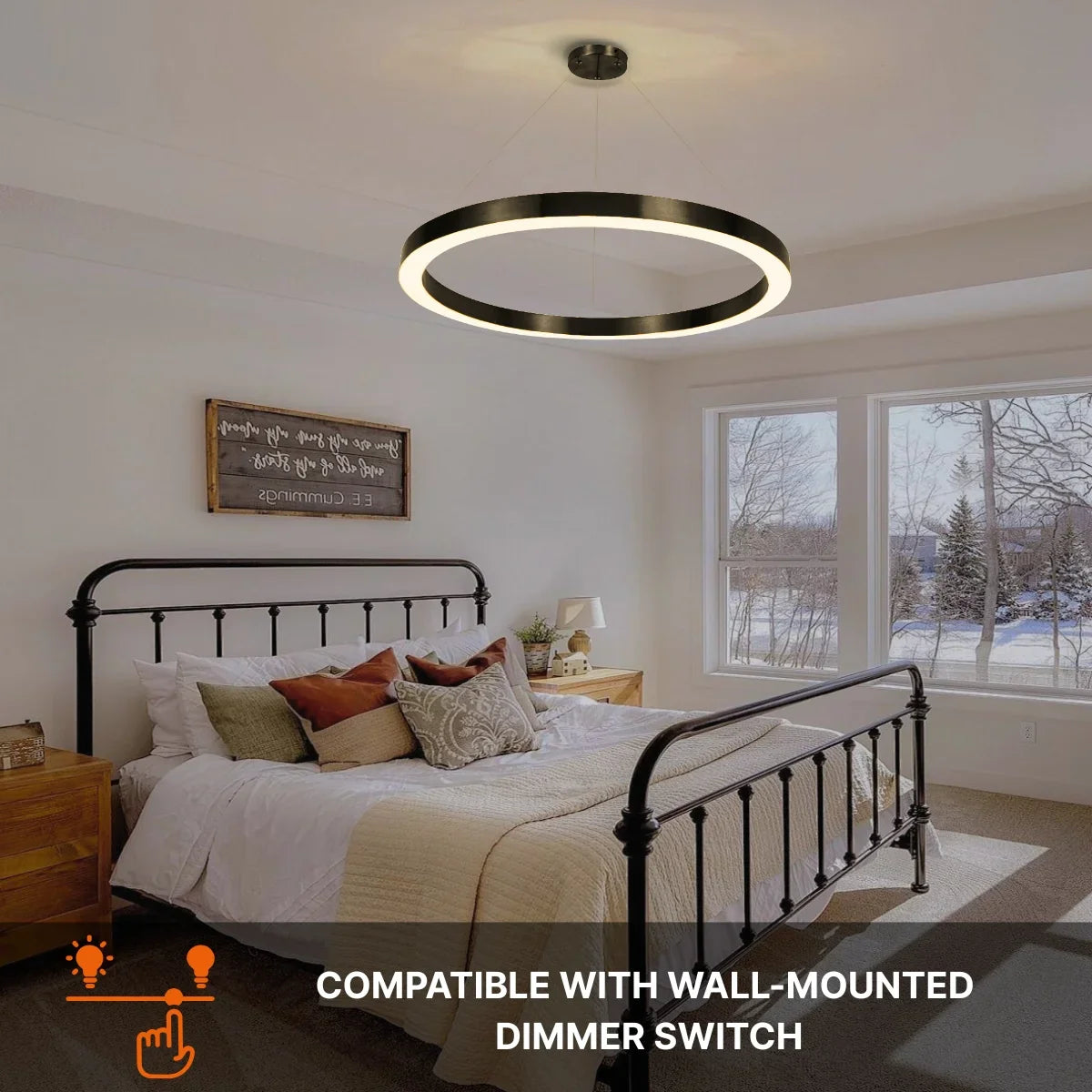
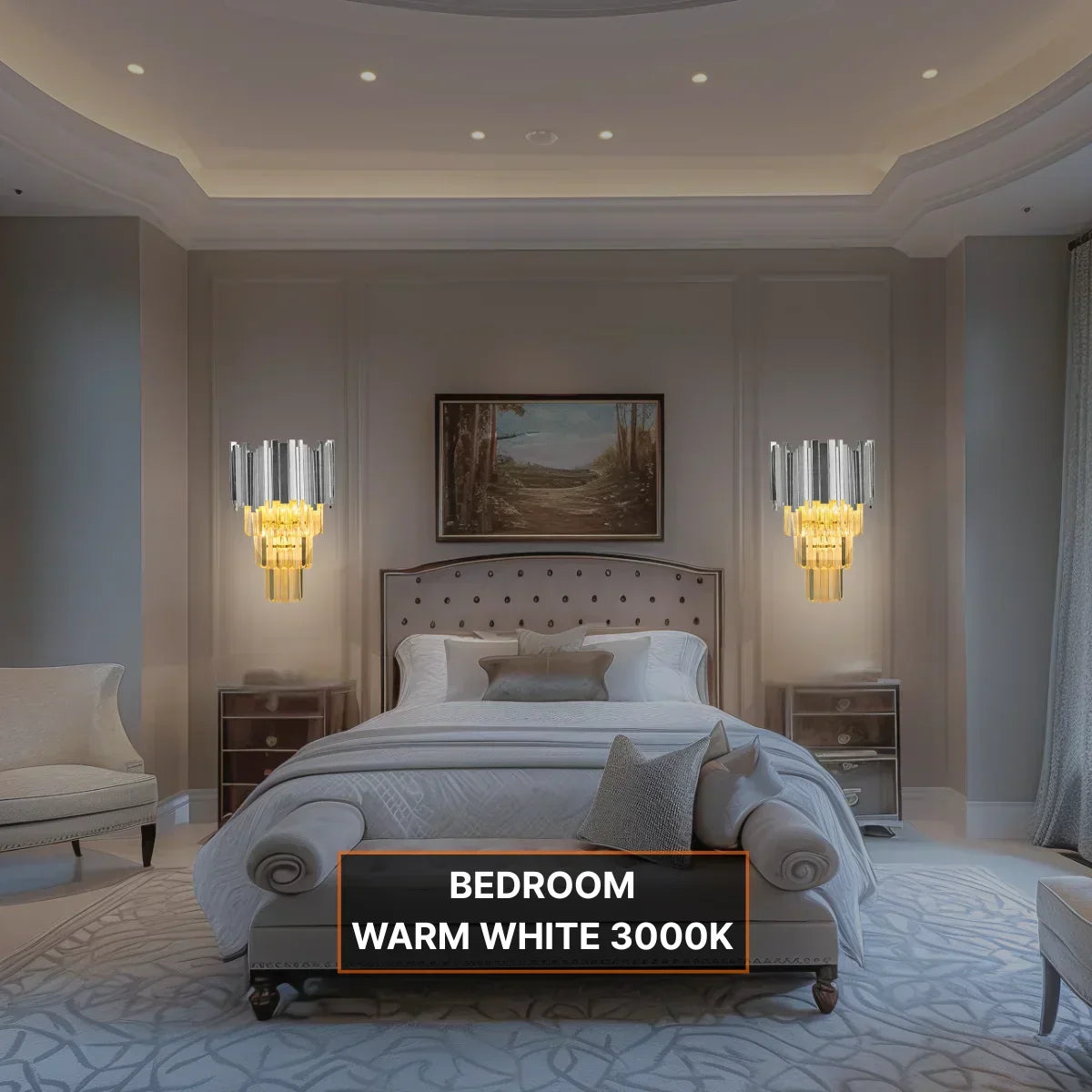
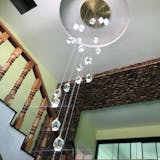


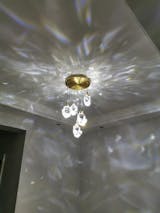
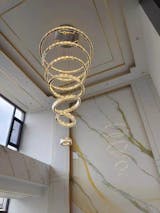
Share:
How to maintain floor-standing lamps?
How to purchase and install wall lamps in different spaces?